How favoritism affects a child
What To Do When Favoritism Is Shown To A Relative
Children can see and understand more than you think, especially when it comes to who is receiving the most attention. While admitting to having a “favorite” child is usually considered a parenting taboo, kids are often very intuitive about the existence of favoritism within their families. It may not be obvious to the parents that they are showing any bias, but when favoritism is shown to a sibling or another relative, children can detect it. This can affect their behavior and their relationship with the parent, other adults who display favoritism, and the relative who receives the favoritism.
Why Does Favoritism Happen?
Are You Feeling Like The "Black Sheep" In The Family?
You're Not Alone. Contact A Licensed Mental Health Professional To Get Help.
Most parents try to keep it fair, but sometimes they inadvertently favor one child over another during certain situations or depending on the child’s temperament and personality. For example, if one child is fussier than the other, you may prefer to be in the calmer child’s presence, unaware that your fussy child may become more disgruntled by the lack of attention. Other times, a parent and child who a particular interest might spend a significant amount of time pursuing that interest together, leading to the appearance of favoritism. This is sometimes temporary and is certainly not always damaging. But other times, displays of favoritism can become abusive to nonpreferred children and cause long-term damage to family relationships.
Favoritism is not always an issue of temperament or interests. Parents play favorites by necessity when one child has more needs than another. Newborns and children with either acute or chronic illnesses have a legitimate need for more care and attention than their siblings. In these cases, even children who understand that their siblings have particular needs and challenges may find it difficult not to resent the drain on parental resources.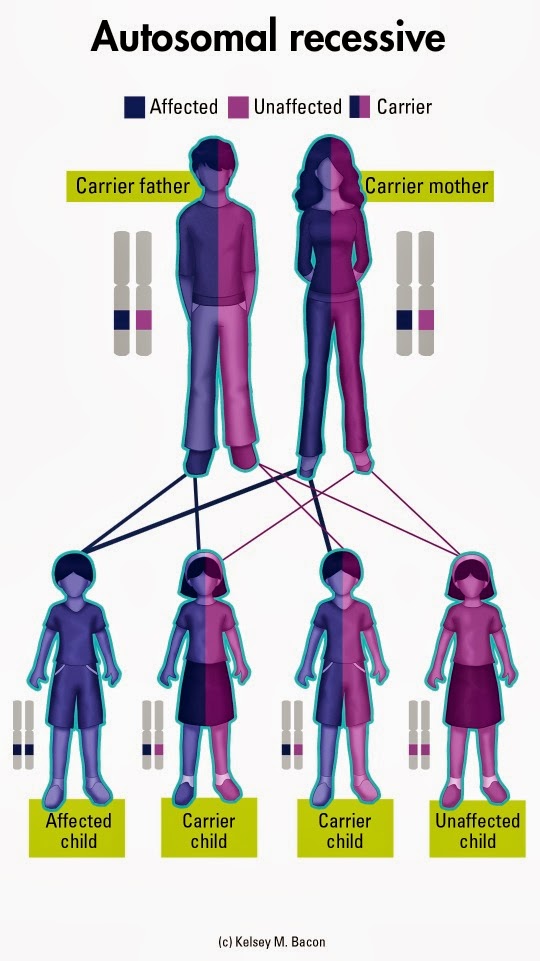
The Effects of Favoritism
Favoritism does not just negatively affect those who are not receiving as much attention but those who are spoiled by it as well. Favoritism can cause a child to have anger or behavior problems, increased levels of depression, a lack of confidence in themselves, and a refusal to interact well with others. These issues appear in children who were favored by a parent as well as those who were not.
Emotional Effects
Anger is a common and understandable reaction to favoritism. Unfavored children may be angry at the parent who is showing favoritism, but they may also displace that anger onto the favored sibling. After all, they want to win the love and affection of their parents, so they can’t afford to be too angry with them. In some cases, the favored sibling feels this anger and resentment from their siblings and comes to feel their own anger toward their parents for putting them in this position. This can be a highly toxic dynamic for a child, as they crave the continued indulgence of their parents while feeling resentful toward them for cutting them off from their siblings.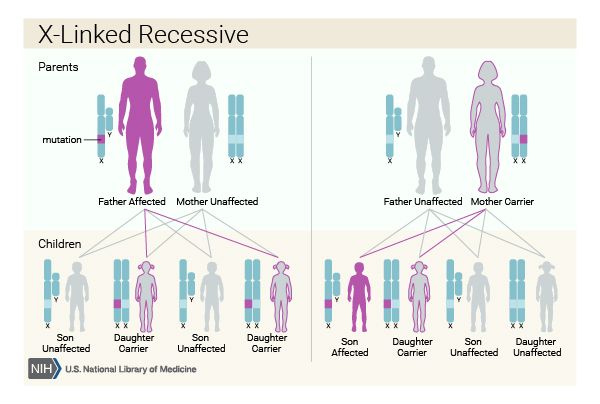
Depression later in life is another common effect of favoritism in a family. Remember, favored and unfavored children are both at risk. Unfavored children may never get enough of the parental affirmation and affection that they crave, and as a result, will grow up looking for other people or things to fill that void. Since this is impossible, they may come to think of themselves as destined to be unlovable. A child who is the favorite, on the other hand, grows up with their own tensions. They may feel a lot of pressure to work hard to stay in their parents’ good graces, not wanting to lose the special status that they have been granted. This can also inhibit their ability to detach from their parents and build their own, psychologically independent self.
Relational Effects
Persistent, entrenched favoritism in a family, as opposed to brief, situational favoritism, has adverse effects on relationships within the family and on the future relationships of all siblings involved.
Within the family, favoritism from parents or other adult relatives can lead to tension and resentment between siblings as well as between children and their parents. These negative dynamics are not restricted to childhood but can persist into adulthood. Favored and unfavored children can both experience these negative emotions.
Outside of the family, favoritism can affect a person’s ability to form close, supportive relationships. Unfavored children are more likely to exhibit aggression and inappropriate social behavior that make it difficult for them to make friends with other children. Even other adults will tend to shy away from forming close connections with them. Favored children, on the other hand, can become entitled. As adults, favored children are sometimes unaware that they need to follow the same social standards as other people to be accepted. Their parents, after all, didn’t hold them to the same expectations as their siblings.
Intimate relationships can be especially challenging for children from families where favoritism is an entrenched dynamic.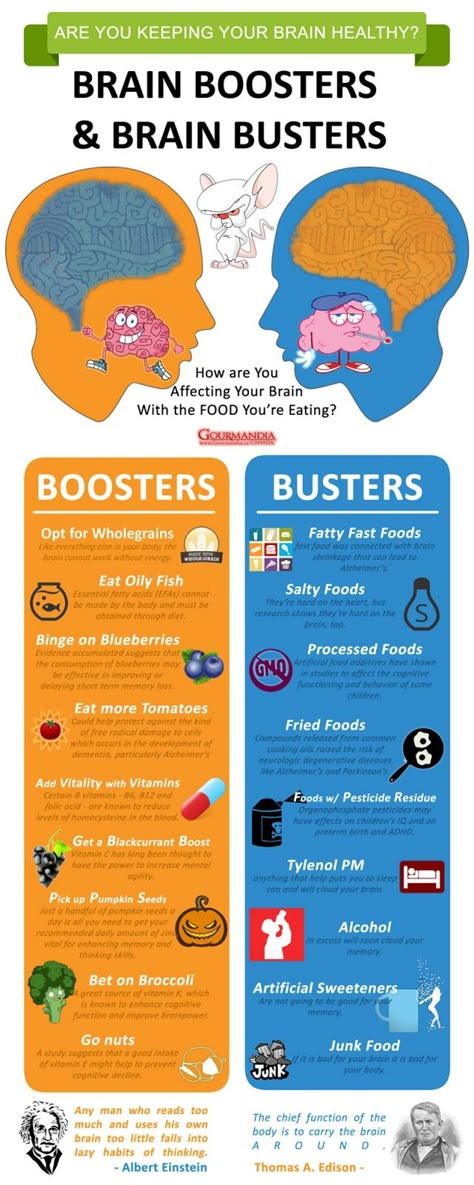 Giving and receiving love requires vulnerability, and children who grew up unfavored often develop defenses against true vulnerability. In many cases, the persistent love and care of a dedicated partner can help them to learn this vulnerability. Other people can benefit from the services of a therapist to help them lessen these defenses.
Giving and receiving love requires vulnerability, and children who grew up unfavored often develop defenses against true vulnerability. In many cases, the persistent love and care of a dedicated partner can help them to learn this vulnerability. Other people can benefit from the services of a therapist to help them lessen these defenses.
Effects of Favoritism on Life Success
Favoritism within a family can have long-term effects on the future success of the children involved. Sometimes this effect is somewhat positive, such as in the case of the favored child. If they grow up thinking of themselves as competent, bright, and capable, this often translates into a promising future. However, being favored isn’t always a good thing. Favored children can grow up with an inflated sense of their own capabilities and an underestimation of the utility of hard work. Being the favored child can also foster an over-reliance on parents for validation and support. Finally, favored children are often robbed of some of the most substantial relationships in life – their siblings.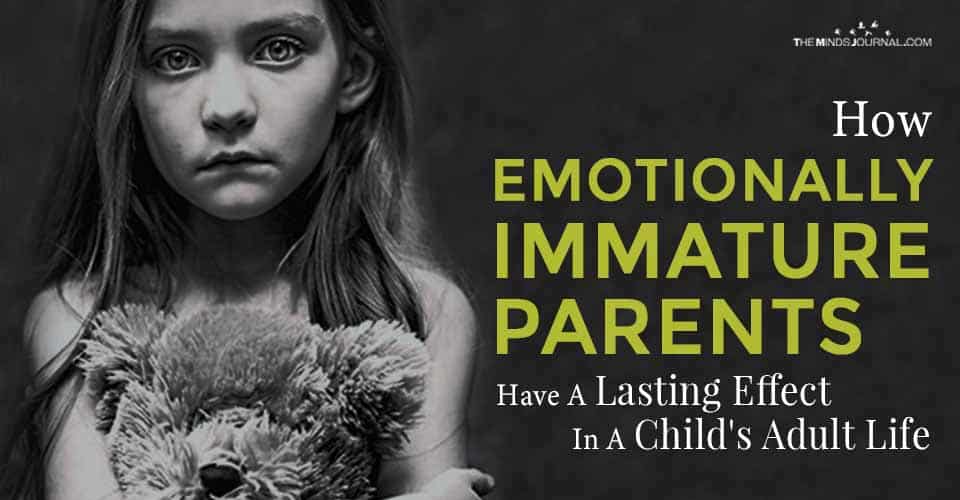
For unfavored children, the effects on life success can be even worse. They tend to do worse at school, which may have an effect on their job and career prospects. The emotional and behavioral problems that can go along with being nonfavored can also negatively impact their ability to navigate the social, academic, and business worlds.
Whether you are a favored or unfavored child, a parent, or a relative looking on, it can be hard to know what to do when you see favoritism being shown. There are, however, some actions that can be taken by anyone in these situations to ease the effects caused by favoritism.
What to Do When the Appearance of Favoritism is Necessary
Sometimes, the appearance of favoritism is caused by legitimately differing needs between children. In these cases, there are several things that parents and other adults can do to help children who may be feeling less favored.
First, it must be made evident that the reason why a parent may pay more attention to one child over the other is that the child has specific needs that the other children simply do not have.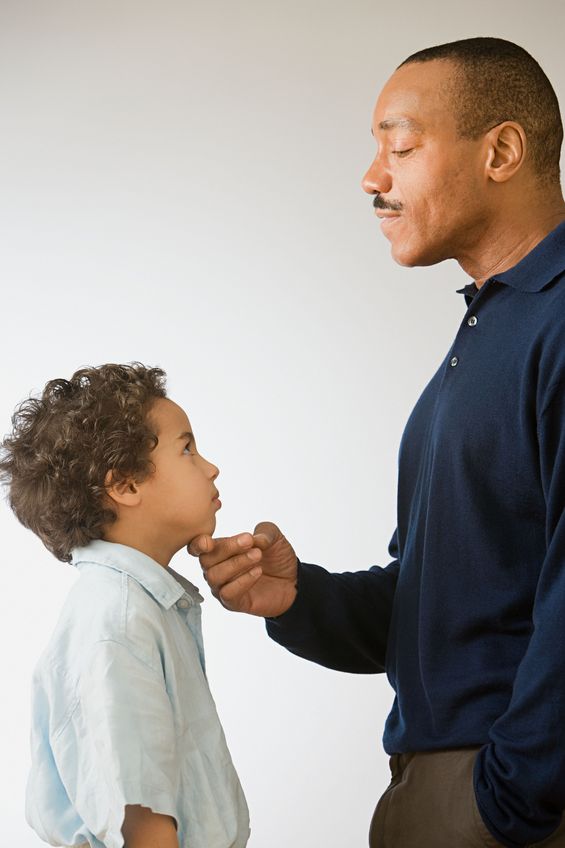 Most children can understand this when it is explained in an age-appropriate way.
Most children can understand this when it is explained in an age-appropriate way.
Next, parents need to find a way to ensure that the needs of their other children are also being met. They can do this by blocking off some time for one-on-one play or an activity that the child enjoys. Other adults such as grandparents, aunts and uncles, and close friends can also be enlisted for a short time to help provide the attention and affirmation that children need. In the long term, however, the family situation needs to be sustainable for all the children involved.
What to Do When Favoritism is Unnecessary
The most unfortunate kinds of favoritism to witness and experience are those that are not necessary for any difference in needs between children. Most of us react strongly to seeing parents blatantly favor one child over another. If you are the favored or unfavored child, your own reactions are likely just as strong as onlookers, and likely more complex. But what can be done?
Sometimes there’s little to be gained from speaking directly to the parents or other relatives exhibiting favoritism.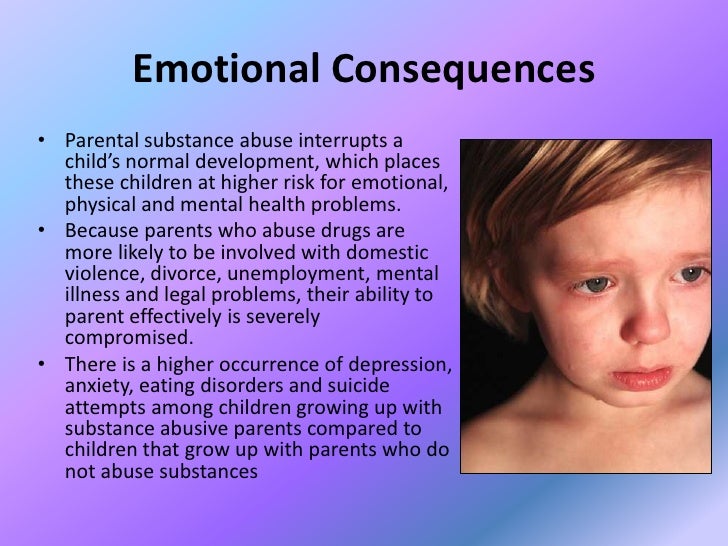 As an adult, however, you may be able to ameliorate the effects of favoritism on an unfavored child by offering them some of the unconditional love, support, and affirmation that they should be receiving from their parents. This can be a difficult task, especially with the behavioral difficulties that some unfavored children experience. But if you are able to extend the time and energy necessary, stepping into this role can have a profound effect on the child in question.
As an adult, however, you may be able to ameliorate the effects of favoritism on an unfavored child by offering them some of the unconditional love, support, and affirmation that they should be receiving from their parents. This can be a difficult task, especially with the behavioral difficulties that some unfavored children experience. But if you are able to extend the time and energy necessary, stepping into this role can have a profound effect on the child in question.
If you are a parent observing preferential treatment to one of your children from a grandparent or other relative, you should do what you can to put a stop to it. This may mean limiting contact between your children and this other relative. If you don’t address the favoritism, both your favored and unfavored children may think that you agree with the relative’s behavior, or even support it.
As a favored or unfavored child, you will need to recognize that your parents have abdicated some of their responsibility toward you.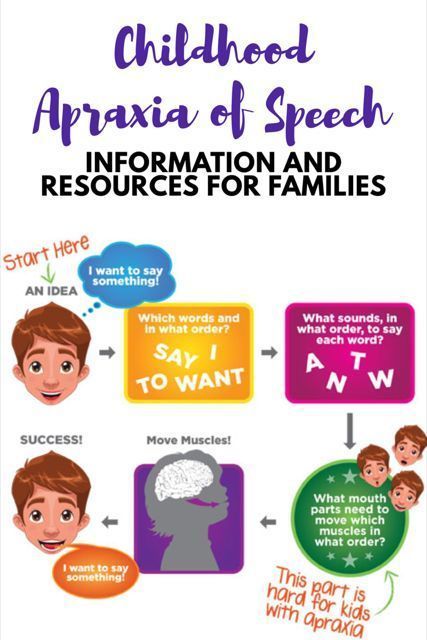 There are some things that you will need to take care of yourself.
There are some things that you will need to take care of yourself.
As a favored child, you may need to take on extra responsibility in growing as your own person. Learn to detach yourself from the positive effects of favoritism so that you can be free from the anxiety or oppression of maintaining the relationship. It may be impossible for you to mend your relationships with your siblings on your own without extra support, such as a friend or therapist. You can, however, be open to their expressions of anger and resentment. You do not need to take their emotions on yourself, but you can recognize their validity.
As a nonfavored child, find as many resources as you can to help yourself deal with the emotional and social effects of what has been lacking in your life. Learn to recognize your own worth and focus on those areas of your life where you have exhibited strength and capability. An in-person or online therapist who specializes in adult sibling relationships can be very helpful as you begin to recognize the parts of you that have been affected by favoritism and heal them.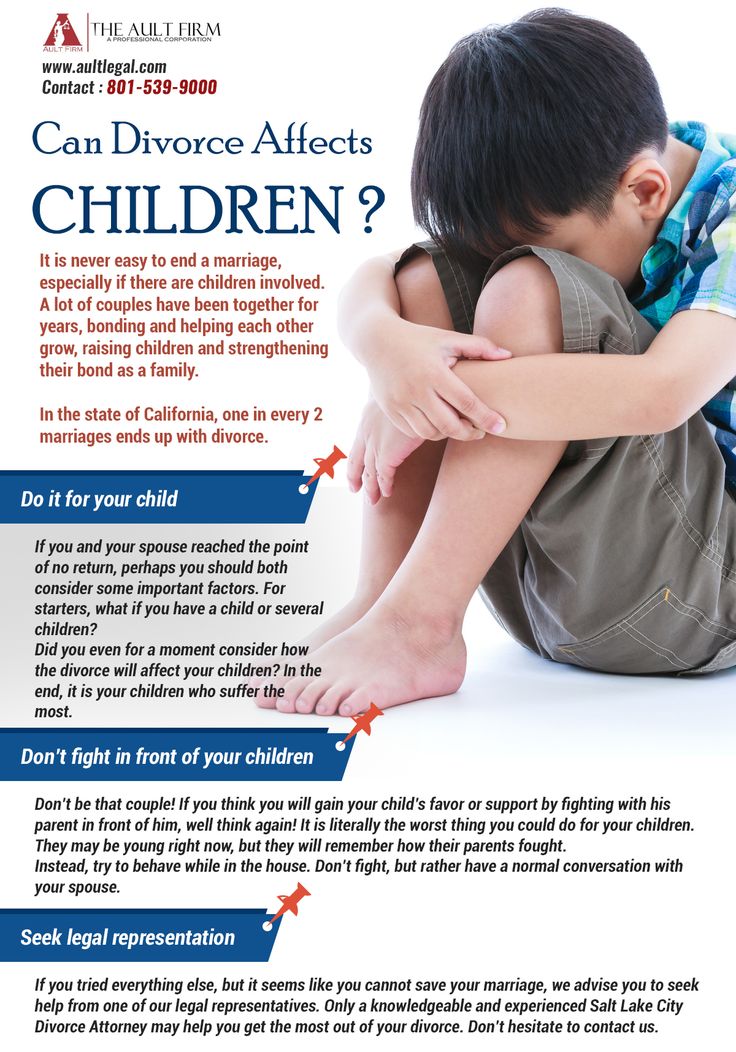
If you’re considering online therapy but are unsure of its effectiveness, a literature review has shown that it’s just as effective as face-to-face therapy. The review consisted of sixty-five articles, which found that client satisfaction was positive and clinical outcomes were comparable to traditional therapy for a diverse population receiving different therapeutic treatments. Online therapy could be a consideration for you as you deal with the effects of childhood favoritism in your adult life.
How BetterHelp Can Support You
Are You Feeling Like The "Black Sheep" In The Family?
You're Not Alone. Contact A Licensed Mental Health Professional To Get Help.
Licensed therapists like those at BetterHelp can help you process the emotional effects of growing up with favoritism in your family. Or, maybe you are a parent who realizes that you are showing favoritism, a therapist may then be able to help you figure out what lies behind your choices and actions. If time is a constraint for you, you can meet with a therapist whenever it suits you best. You can also meet with a therapist in your home or even in your car. Below are some reviews of BetterHelp counselors from people experiencing similar issues.
If time is a constraint for you, you can meet with a therapist whenever it suits you best. You can also meet with a therapist in your home or even in your car. Below are some reviews of BetterHelp counselors from people experiencing similar issues.
Counselor Reviews
“I started working with Jeana a few weeks ago, mainly because I am trying to really step out and learn who I am without the influence of my family and others. She has been so very helpful in guiding me through this process and helping me manage those emotions that will pop up while trying to dig through life.”
“Kris has been helping me for over a year and a half now. Whether it’s dealing with the day-to-day stresses of work or deep-seated issues from my childhood, she brings sensitivity, insight, and gentle humor… She’s pretty awesome, and I’m happy to be able to connect with her via this platform.”
Conclusion
As a favored or unfavored child, you may need to take on extra responsibility in growing as your own person and learning to detach yourself from the effects of favoritism.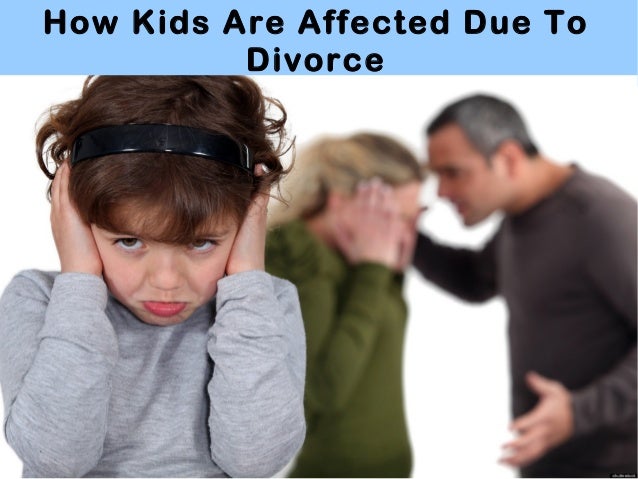 It may be impossible for you to mend your relationship with the favored sibling, or nonfavored siblings if that’s the case, on your own. You can, however, be open to their expressions of emotion. You do not need to take their emotions on yourself, but you can recognize their validity. Take the first step today.
It may be impossible for you to mend your relationship with the favored sibling, or nonfavored siblings if that’s the case, on your own. You can, however, be open to their expressions of emotion. You do not need to take their emotions on yourself, but you can recognize their validity. Take the first step today.
Frequently Asked Questions (FAQs)
How does favoritism affect a family?
When kids are faced with parental favoritism, this may lead to different long term effects and feelings throughout their lives, according to recent articles. For instance, they might feel lonely often or exhibit bad behavior. If you have adult children, it is still important to prevent playing favorites between them and their siblings.
What is favoritism in the family?
Favoritism refers to when one or both parents treat their children differently. They may be a lot harder on their eldest child or allow their youngest to get away with not doing chores. One child may get more privileges, and another might not get the proper amount of quality time. Of course, favoritism doesn’t always happen on purpose, so it is important that you try to prevent consistent favoritism, if you notice it is happening within your family.
One child may get more privileges, and another might not get the proper amount of quality time. Of course, favoritism doesn’t always happen on purpose, so it is important that you try to prevent consistent favoritism, if you notice it is happening within your family.
Is favoritism a form of abuse?
In most cases, parental favoritism isn’t a form of abuse. Mothers may spend more time with their new baby than with older kids, or there may be other reasons why occasional favoritism occurs. However, when parents display consistent favoritism and they are aware of their actions, this may be a type of abuse.
What are the characteristics of favoritism?
A couple of the characteristics of parental favoritism are when some children get less discipline with others, when everyone isn’t spending quality time of the same amounts with their parents, or when kids are getting vastly different treatment from their mothers and fathers compared to their siblings. Perhaps a sister doesn’t have to get good grades in school, but her brother has to get good grades, or he won’t be allowed to do the things he enjoys. This is something that may be construed as playing favorites, in some circumstances.
Perhaps a sister doesn’t have to get good grades in school, but her brother has to get good grades, or he won’t be allowed to do the things he enjoys. This is something that may be construed as playing favorites, in some circumstances.
What happens when parents show favoritism?
When children are exposed to parental favoritism, they may grow up with anxiety, self-esteem issues, and might feel like they are being treated unfairly. They may grow up to resent their siblings, or their parents, even as middle aged adults. For the child that was doted on or had the most time spent with them, they may feel like they can accomplish anything as they go through their lives.
What causes favoritism?
Favoritism shown to a relative can be present for a number of different reasons. Perhaps a mom is partial to her baby because she is unable to have any more children, or a dad treats his son differently because they have bonded over sports. Even a visiting relative may treat a family differently than another one.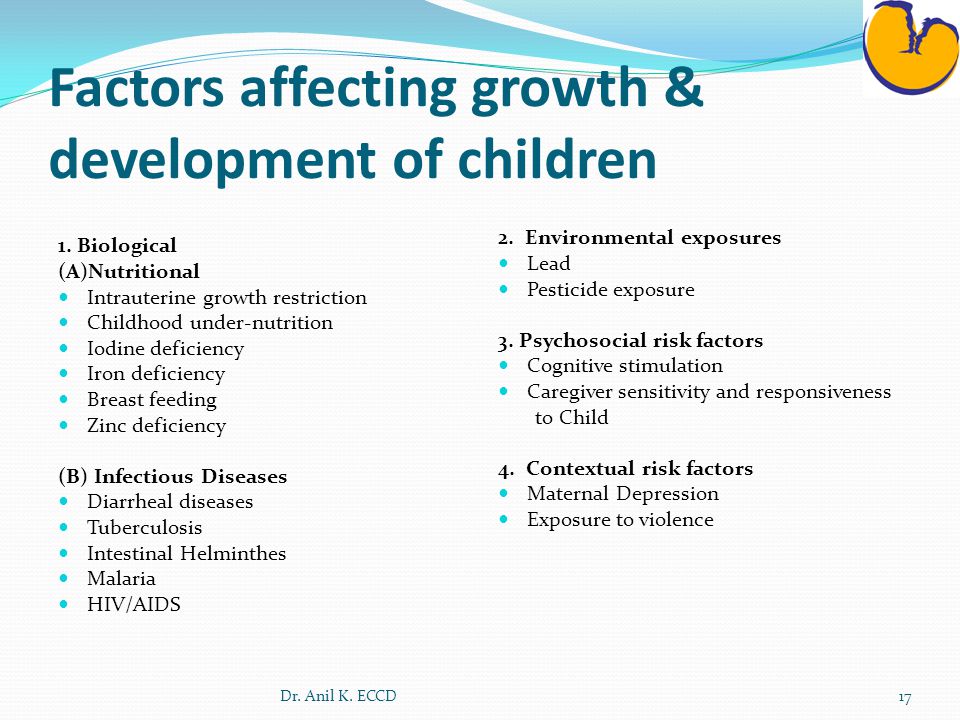 In some cases, they may not be aware they are treating individuals in different ways, but in others, they do.
In some cases, they may not be aware they are treating individuals in different ways, but in others, they do.
Why do I get treated differently to my siblings?
You might be treated differently than your other siblings because you are experiencing parental favoritism. In other words, you might feel like your parents are not as strict or spend more time with your siblings. Parents may not be aware that they have set different standards for each kid, so you may want to talk to them about your feelings, to see what their reasoning is. It may also help change this type of situation.
Why do parents choose one child over the other?
Chances are that parents have their own reasons for choosing one child over another, whether they know they have a favorite or not. They may bond with one offspring because they remind them of a relative or spend more quality time with another based on their personality. In some cases, it only occurs occasionally, which may not lead to long term effects mental health effects in children, but other times, it may cause anxiety, self-doubt, or other issues.
How do you deal with family favoritism?
If it seems like you are experiencing favoritism, you may want to do some research online for examples on what is okay and what isn’t. For instance, if one child has to have perfect attendance at school, and another can skip days when they feel like it, this can be considered unfair treatment. When kids are aware that they are being treated much differently than their siblings, this can cause strife within the family.
Why is favoritism wrong?
Favoritism is wrong because it may lead to different treatment for different people. It might be better if parents treat their children equally, although this may be difficult. Research shows that over seventy percent of both moms and dads have showed favoritism to a child at some point. If you are a parent, try your best to remain neutral as much as possible, when it comes to how you treat your kids.
Parental favouritism: harmful effects on children
Children instinctively depend on their parents for love, care and support.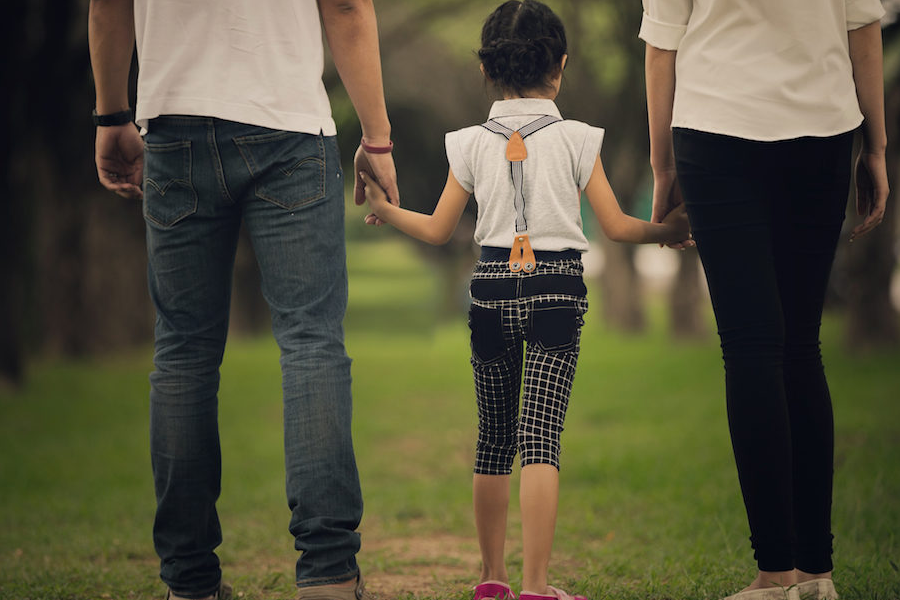 Kids get motivated when parents encourage them and get demotivated when they fail to do so. Many a times, parents give undue attention to the younger child while not giving enough attention to the older ones. In mixed families, parents favour their biological children over the step-children while in patriarchal societies, parents display extreme affection for the male child.
Kids get motivated when parents encourage them and get demotivated when they fail to do so. Many a times, parents give undue attention to the younger child while not giving enough attention to the older ones. In mixed families, parents favour their biological children over the step-children while in patriarchal societies, parents display extreme affection for the male child.
Parental favouritism of one child over the other affects their emotional well-being. It is very likely that in their growing years, a neglected child could lose self-esteem, become depressed and also lose faith in themselves. This in turn affects their studies and intellectual growth.
So parents need to be extremely cautious and treat all the siblings equally. So let’s look at some ill-effects of parental favouritism.
Favoured children grow up to become spoiled brats
Usually, children who are petted a lot, become spoilt brats. They can display unnecessary tantrums, demand a lot of gifts, and also display adamant behavior right from their childhood.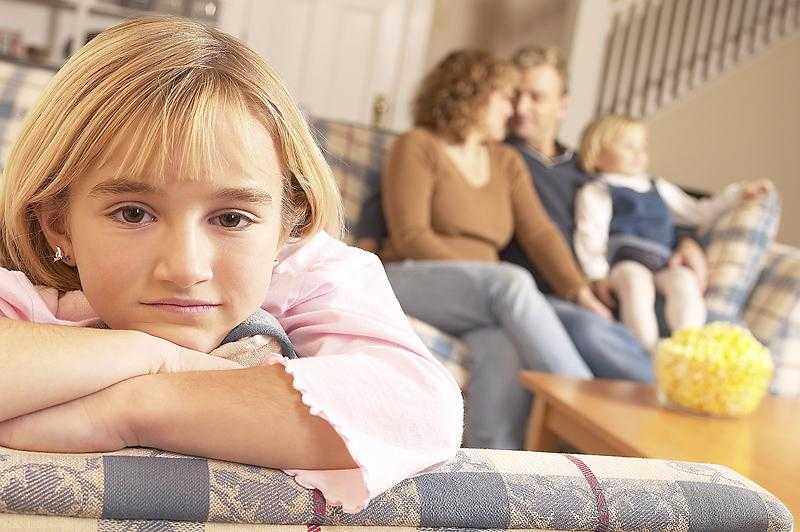 Favoured children may feel a sense of superiority and tend to believe that they can break rules. This can adversely affect their ability to sustain relationships, along with their behavior at school, work life, and even friendships.
Favoured children may feel a sense of superiority and tend to believe that they can break rules. This can adversely affect their ability to sustain relationships, along with their behavior at school, work life, and even friendships.
Fosters sibling rivalry
As a parent, you may be inadvertently fostering rivalry between your children by displaying favouritism. The child, who is shown less favouritism, is likely to instigate rivalry with his sibling. In the growing up years, a jealous child could even try to harm or cause an injury to his/her sibling. Parents need to understand that all children need equal attention and love while dealing with their children.
Stress and self-esteem
Displaying partiality towards a child can cause unrequited stress on the other child. The feeling or perception of being the less favourite can hurt the self-esteem of a child. For instance, labeling one of your children as smart or intelligent may lead to unnecessary and unhealthy competition among the kids, where one would continuously try to put the other down.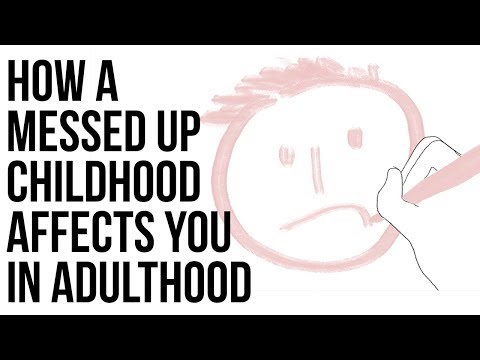 In adulthood, the less favoured child may still lack self-esteem and hence may not be able to perform well in their work lives.
In adulthood, the less favoured child may still lack self-esteem and hence may not be able to perform well in their work lives.
Emotional effects
People usually don’t forget that they were not treated fairly by their parents. The neglected children may develop hatred towards the parent who displayed favouritism. Also, such children are more likely to exhibit aggression and inappropriate behavior in their schools and with siblings. The lack of parental affirmation and affection may leave a void in their lives which can never be filled. Children can also exhibit signs of depression very early in life.
Suppresses talents
As a parent, when you favour a child for being talented, this automatically makes the less favoured child suppress his/her talents. Due to lack of encouragement and support, they start doubting their abilities, suppress their talents and fail to achieve their true potential. According to psychologists, an emotionally healthy child will want to display his or her talents and will also learn faster.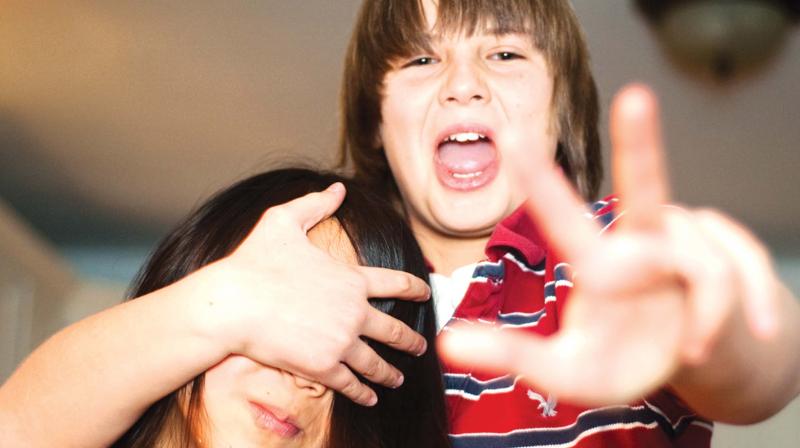 Always promote your kids to display their talents and do not praise or encourage only one child. Encourage all the kids to perform to the best of their abilities.
Always promote your kids to display their talents and do not praise or encourage only one child. Encourage all the kids to perform to the best of their abilities.
Shy away from social situations
At social events and gatherings, children are expected to display a certain demeanor. They are expected to wish and greet the elders and also to respond to conversations. The unfavoured child may shy away and may not respond very well. As these kids grow up they tend to lack social skills due to lack of self-confidence. According to experts, unfavoured children may carry the belief that they are not good enough throughout their lives.
Also read: Turn sibling rivalry upside down
how to deal with favoritism in the family
Favoritism towards grandchildren can have different manifestations, but one of the most common is giving gifts to one child, as well as unreasonable praising in front of other children.
Psychologists divide favoritism into two types: temporary and permanent.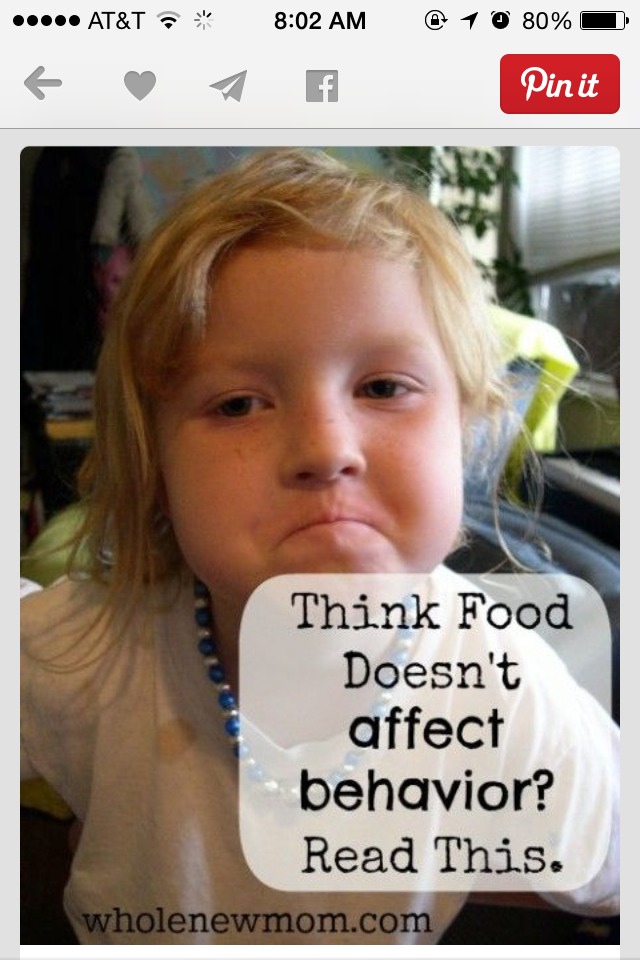 Temporary favoritism means that a grandfather, for example, is crazy about five-year-old children, and is ready to spend 24 hours a day with each of his grandchildren at this age (while, on the contrary, he is afraid to pick up babies and avoids them). Although the selectivity of such a plan may present some difficulties, in general it is not considered dangerous for the family.
Temporary favoritism means that a grandfather, for example, is crazy about five-year-old children, and is ready to spend 24 hours a day with each of his grandchildren at this age (while, on the contrary, he is afraid to pick up babies and avoids them). Although the selectivity of such a plan may present some difficulties, in general it is not considered dangerous for the family.
The variant with constant favoritism looks much more serious: when one of the relatives all the time highlights one grandchild, regardless of his age, and deprives everyone else of care. If this behavior is entrenched, then children who are in the red may feel insecure and underestimated. But it's not only them who have a hard time. As sociologist Carl Pilmer writes, later it will also be difficult for “darlings” to learn how to build harmonious relationships, and they, like the neglected brothers and sisters, will be prone to mental disorders.
If you notice that your parents or your partner's parents are constantly favoritizing, be sure to try talking to them. It is better to do this not in front of the children, but alone, in a calm environment. Psychologists advise in such cases never to start with an attack: first, it is better to thank the older generation for participating in the life of grandchildren, to remember some good moments. And only after a positive foundation has been created for the conversation, it is worth talking about the feelings of the deprived child and asking adults to distribute their attention proportionally. If conversations of such a plan did not affect anyone, you need to think about minimizing communication with these comrades so as not to injure the child. (As they say, relatives are not chosen, but we have the right to decide how much time we are ready to spend with them).
It is better to do this not in front of the children, but alone, in a calm environment. Psychologists advise in such cases never to start with an attack: first, it is better to thank the older generation for participating in the life of grandchildren, to remember some good moments. And only after a positive foundation has been created for the conversation, it is worth talking about the feelings of the deprived child and asking adults to distribute their attention proportionally. If conversations of such a plan did not affect anyone, you need to think about minimizing communication with these comrades so as not to injure the child. (As they say, relatives are not chosen, but we have the right to decide how much time we are ready to spend with them).
In general, favoritism is hard to explain, and it can be hard to get to the bottom of why one person singles out a particular child. But scientists also noticed a consistent pattern in behavior: grandmothers often treat their daughters' children with more warmth than they do their sons' children.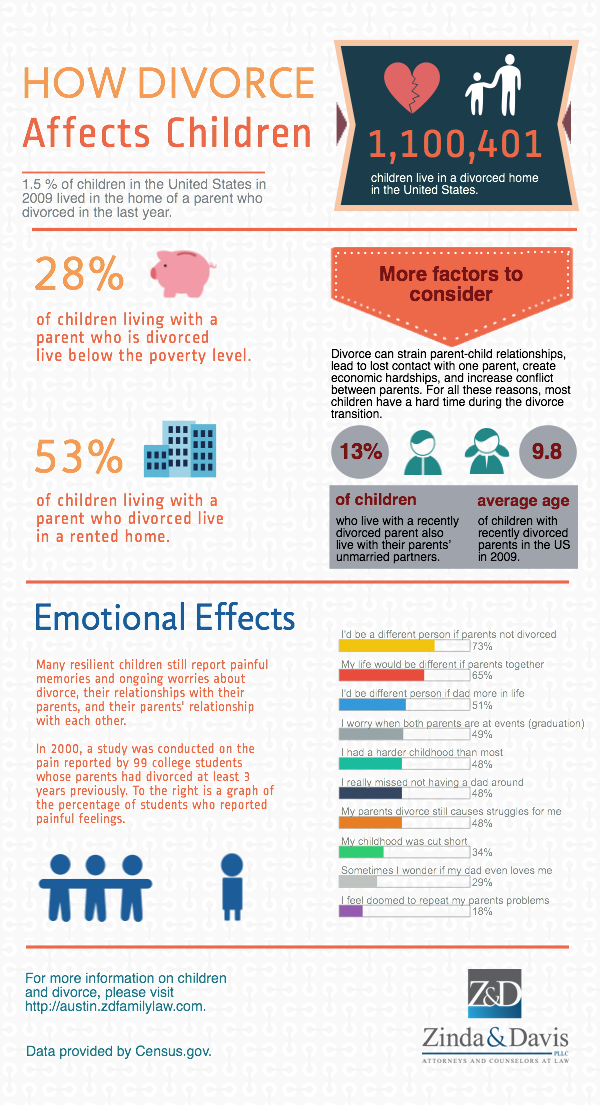 And although many do not see anything criminal in such a disproportion, but accept it as a fact of life, it seems to us that it is not necessary to put up with "facts" of this kind.
And although many do not see anything criminal in such a disproportion, but accept it as a fact of life, it seems to us that it is not necessary to put up with "facts" of this kind.
Interestingly, with the development of mindfulness principles in society, people began to notice their own favoritism more often. One savvy American granny, Janey Emaus, even laid out four rules of conduct on The Washington Post website to help her stay in line:
I try to think first and then speak. Usually we teach this principle to children, but we ourselves often forget that all our statements, especially in relation to grandchildren, must be balanced. Words are important, but intonation is also important - you should try to talk to each child with the same enthusiasm. If I praise my granddaughter's amazing hair for 10 minutes, and then turn to her brother and say, "You look good today too," this line will sound like an addition, not a compliment in itself.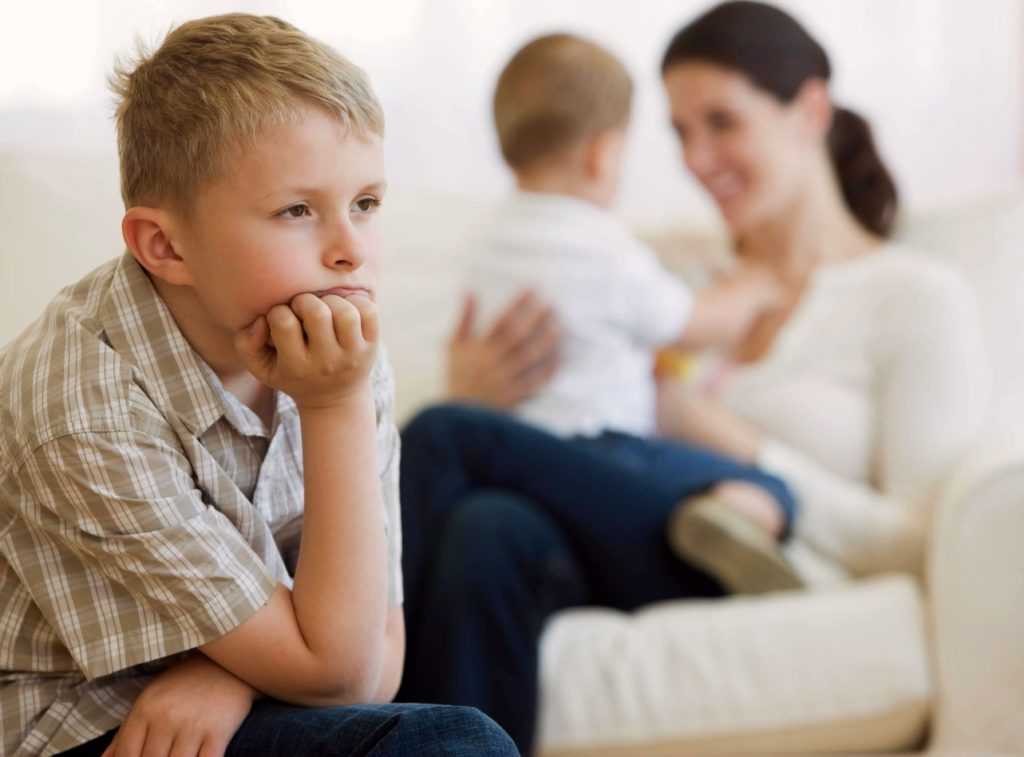
Never arrive with a gift for just one child (exception: birthday or graduation).
I take turns taking the kids to class in the car. My grandchildren have already grown up, so I became their grandmother-chauffeur. If I take my granddaughter to the dance, but then I can’t take my grandson to the sport, he will definitely be offended.
Of course, all this requires constant critical analysis of the situation on my part. Sometimes I notice that I would really like to sit longer with my granddaughter and calmly read a book, and not run after my grandson, whose energy I often get tired of. But this is its nature, its essence, its character. If I pay less attention to him than to his sister, he will definitely feel it. And the granddaughter will also notice that she got more care.
Probably the golden words of Janey Emous can be printed and framed on the wall not only for all grandparents, but also for parents of several children. The family is a fragile system, and if we cannot change our feelings (and according to the author of the book on siblings, Jeffrey Kluger, 95 percent of parents are prone to favoritism), then we should at least try to control our behavior.
The family is a fragile system, and if we cannot change our feelings (and according to the author of the book on siblings, Jeffrey Kluger, 95 percent of parents are prone to favoritism), then we should at least try to control our behavior.
Toxic grandmothers: who they are and how to deal with them
Grandma's care is not always useful: new research has found out how the older generation harms their grandchildren
How to stop the flow of gifts from grandparents and not quarrel with anyone
how to make a child an eternal loser or happy
Bad treatment and love (Why are children in the same family so different)
love is as useful as indifference is harmful, and each parent treats his children in his own way. In general, many character traits are indeed passed down from generation to generation, but not as often as you might think. Attitude towards children can be so different that they are often different, like strangers. If one of the children is an extrovert, the other with a probability of 85% will not be so. If one suffers from a mental illness - depression or neurosis, the other child with a probability of 90% will be mentally healthy. If you are very smart, chances are your brothers or sisters are not. The most important thing here is this: whether people will be the same depends more on upbringing than on belonging to the same family. Sexually abused children from different backgrounds are more similar to each other than to their non-abused siblings. Favorite children who are not related by family ties are more similar to each other than to their brothers and sisters, who were less loved. If one of the identical twins has been sexually abused or bullied and the other has not, he will be more like the other victim than his genetic counterpart. If children in the same family are similar, answer the question "Why?" much easier than when they are different. In all families, upbringing is somewhat similar.
If one of the children is an extrovert, the other with a probability of 85% will not be so. If one suffers from a mental illness - depression or neurosis, the other child with a probability of 90% will be mentally healthy. If you are very smart, chances are your brothers or sisters are not. The most important thing here is this: whether people will be the same depends more on upbringing than on belonging to the same family. Sexually abused children from different backgrounds are more similar to each other than to their non-abused siblings. Favorite children who are not related by family ties are more similar to each other than to their brothers and sisters, who were less loved. If one of the identical twins has been sexually abused or bullied and the other has not, he will be more like the other victim than his genetic counterpart. If children in the same family are similar, answer the question "Why?" much easier than when they are different. In all families, upbringing is somewhat similar.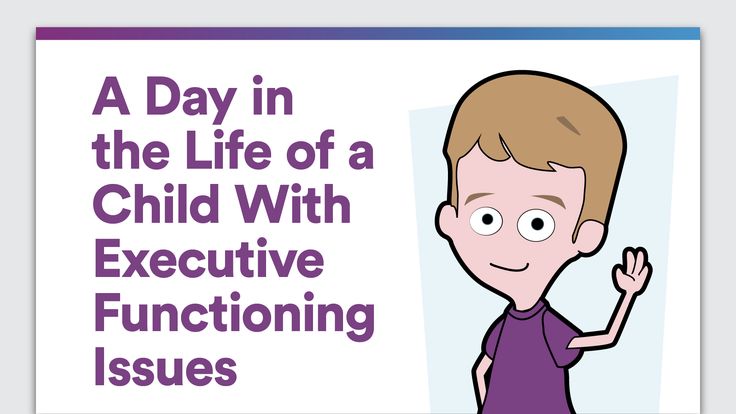 Family culture is reflected in children. For example, both of my parents worked as psychoanalysts.
Family culture is reflected in children. For example, both of my parents worked as psychoanalysts.
Readers can imagine what heated debates were going on at our table, and the main subject was the question of what comes first, nature or education. As adults, all four of us went through some form of psychotherapy and became psychotherapists ourselves. My three sisters and I inherited an interest in these matters as a result of our upbringing. Genes have nothing to do with the fact that, as we get together, we are still arguing about the role of genes in our characters. The same applies to many families of engineers or lawyers, where issues related to technology or law are discussed. The fact that the influence of genes on the formation of the same psychology in children in the same family is small or absent is quite obvious. Twin studies have suggested that children's similarity is almost entirely due to genes, but HGH disproves this view: in twin studies, genetic heritability was simply confused with the same upbringing.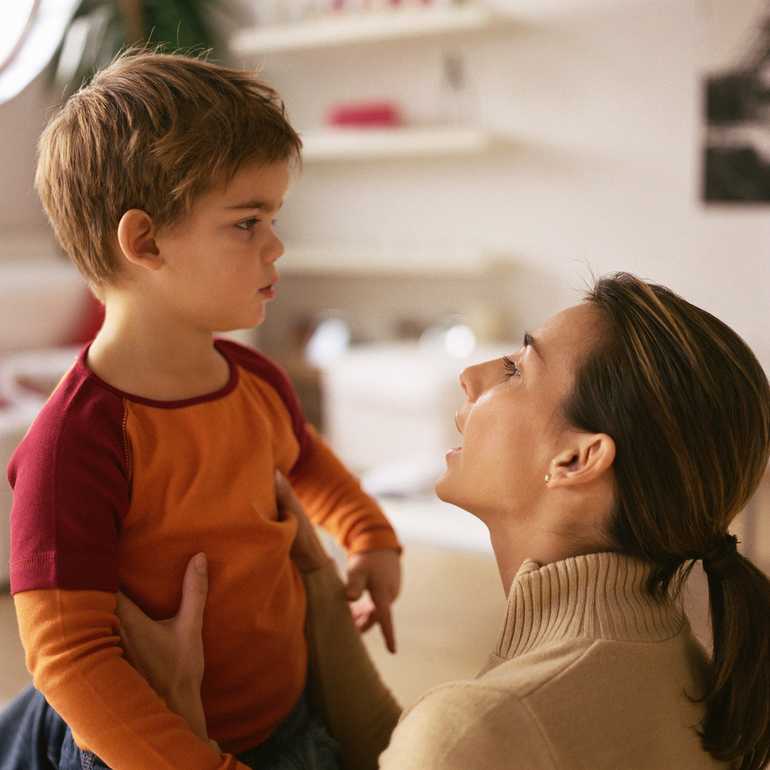 If you grew up in a conservative family or a family with leftist political views, it is not hard to guess that you will have similar views. You wouldn't argue that middle-class kids read more than low-income kids and score higher on intelligence tests because of their genes.
If you grew up in a conservative family or a family with leftist political views, it is not hard to guess that you will have similar views. You wouldn't argue that middle-class kids read more than low-income kids and score higher on intelligence tests because of their genes.
All children are influenced by their parents. People often say: "We were born in the same family, we were raised the same way, but look how different we are - it must be in the genes?" Many people find it much harder to accept differences between children in the same family as non-genetic. In fact, you were not brought up the same way. You had the same parents, but each child developed a different relationship with them. Here are the factors that explain why children who grow up in the same family differ from each other :
• baggage that parents carry over from their own childhood to a particular child;
• the state of the relationship between partners (where there are two parents) at the time of the child's birth and their impact on the individual child;
• the form and content of maltreatment or love for a particular child;
• degree of favoritism towards a particular child;
• The degree to which a particular child is labeled—usually this occurs when parents use the child as a trash can for unwanted feelings ("I'm fine, you're not").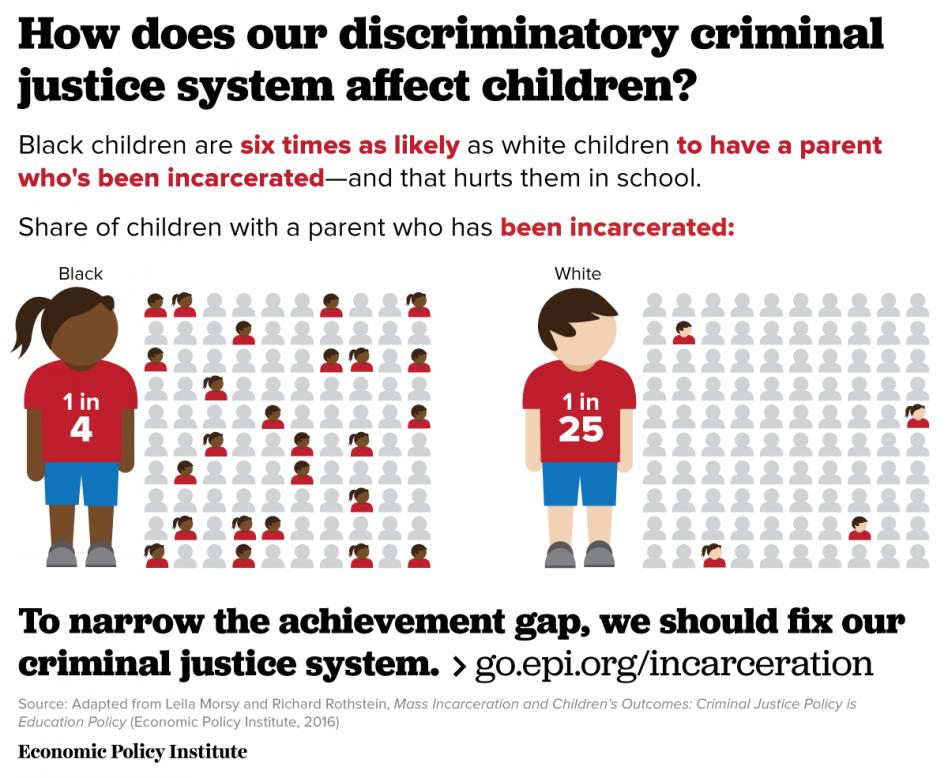
• in what order this particular child was born in the family;
• gender of the particular child;
• What does rivalry between children (always present) give to a particular child...
Favoritism
Two-thirds of children state that their parents clearly favor one of their brothers or sisters. Among the reasons may be as simple as the appearance of the child. Beauty affects the reaction of fathers and mothers, as well as other people. But more often, favoritism is related to family history: parents give preference to a child because of his gender and birth order ...
Labeling
A significant number of children are born unwanted and often have a harmful effect on them. One study measured mothers' negative attitudes towards their babies during the first months of their lives. The children were then tested 40 years later. Children of women who experienced negative feelings about newborns were 18 times more likely to have no strong attachments (meaning they were almost twice as likely to develop mental illness) than children whose mothers were happy to have them many years ago.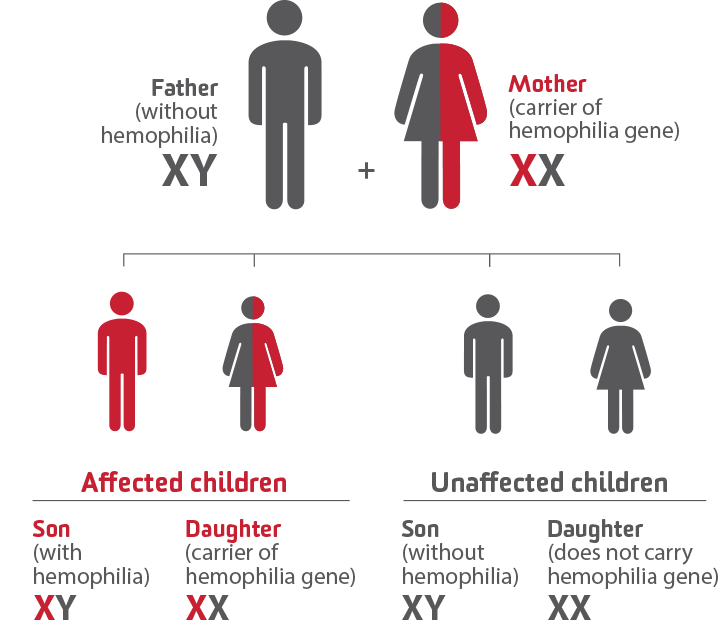 In a very curious study in Czechoslovakia, 220 children were examined who were born after their mothers had been denied abortion twice. The mothers of the unwanted were less likely to breastfeed them than those of the desirable, and at age nine, children had significantly lower school performance, were less diligent students compared to classmates who were more prone to irritability and defensive behavior. At the age of 15, unwanted children were still doing worse, according to teachers, they were less conscientious and obedient. When asked about their mother's attitude towards them, they said that she did not show much interest. The mother either neglected the child, or constantly interfered in his affairs and controlled him too much.
In a very curious study in Czechoslovakia, 220 children were examined who were born after their mothers had been denied abortion twice. The mothers of the unwanted were less likely to breastfeed them than those of the desirable, and at age nine, children had significantly lower school performance, were less diligent students compared to classmates who were more prone to irritability and defensive behavior. At the age of 15, unwanted children were still doing worse, according to teachers, they were less conscientious and obedient. When asked about their mother's attitude towards them, they said that she did not show much interest. The mother either neglected the child, or constantly interfered in his affairs and controlled him too much.
These data are consistent with subsequent large studies that found that adults whose mothers did not want them to be born during pregnancy were three times more likely to suffer from serious mental illness like schizophrenia. A study of five to seven year old children in 172 families helped to understand some of the causes of harmful differential treatment.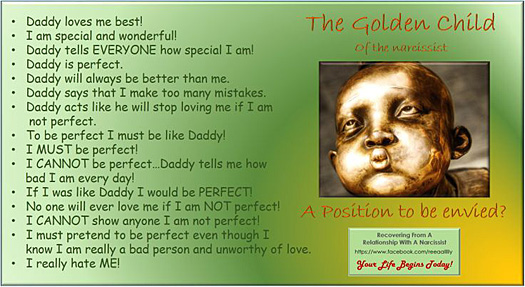 Most children stated that both parents treated them and their siblings differently, while only a small proportion of parents admitted this (surprise: parents do not want to admit that they have favorites). If a child spoke of special treatment, his parents rarely reported the same. This means that parents prefer (understandably) to consider themselves fair, but it seems that children know better. Significant differences were observed between mothers and fathers.
Most children stated that both parents treated them and their siblings differently, while only a small proportion of parents admitted this (surprise: parents do not want to admit that they have favorites). If a child spoke of special treatment, his parents rarely reported the same. This means that parents prefer (understandably) to consider themselves fair, but it seems that children know better. Significant differences were observed between mothers and fathers.
The level of emotional “discomfort” (in the form of apathy, loss of appetite and ability to enjoy life, suicidal thoughts, prolonged feelings of sadness and despair) predicted dissimilar treatment of children. The same applied to anger. None of these emotions led to differentiated treatment on the part of fathers, which, as expected, highlights the importance of the mother's role. In most families, mothers are more involved in caring for children (time spent with children, as well as active interaction with them) than fathers. More tasks related to upbringing fall on the shoulders of the mother (for example, take her son or daughter to school and pick her up from there, make an appointment with a doctor). The sheer number of child-related cases makes it more likely that there is a tendency to treat children differently. Throw in discomfort or anger, and it's easy to see why differentiated treatment by the mother has a stronger effect. The study also found that labeling is more common in homes where chaos reigns (noise, lack of order and order). Under stress, differential treatment tendencies are more difficult to control and intensify. In general, single mothers are more likely to treat children differently than those in two-parent families, and this attitude increases with high levels of anger.
More tasks related to upbringing fall on the shoulders of the mother (for example, take her son or daughter to school and pick her up from there, make an appointment with a doctor). The sheer number of child-related cases makes it more likely that there is a tendency to treat children differently. Throw in discomfort or anger, and it's easy to see why differentiated treatment by the mother has a stronger effect. The study also found that labeling is more common in homes where chaos reigns (noise, lack of order and order). Under stress, differential treatment tendencies are more difficult to control and intensify. In general, single mothers are more likely to treat children differently than those in two-parent families, and this attitude increases with high levels of anger.
Single mothers are usually very stressed, not least due to lack of time and money. When all the evaluated factors were taken into account, they were able to explain 17% of cases of differentiated education. But this study did not examine the role of parents' personal history. Its significance is probably very high: as we will see in the next chapter, there is strong evidence that character traits are transmitted from generation to generation through education, not genes. Plays are played in families, and the parents' own childhood acts as a screenwriter in them, which in turn was seriously influenced by the childhood of their parents, etc. Consciously not wanting a child is extreme. More often than not, parents simply dislike or despise some of the traits of a particular child, related to his gender, birth order, or perhaps because he reminds them of the resentment that they carry with them from childhood. A prime example of a labeled child is Penny Leach, author of popular parenting books. In 2003, I interviewed Leach for a newspaper article. She said that she was the middle of three sisters and the father loved the eldest daughter more. “We never got along. He was devoted to my older sister until his last day. For him, she personified all the most beautiful things in a girl and a woman - and I also adore her and consider her magnificent.
Its significance is probably very high: as we will see in the next chapter, there is strong evidence that character traits are transmitted from generation to generation through education, not genes. Plays are played in families, and the parents' own childhood acts as a screenwriter in them, which in turn was seriously influenced by the childhood of their parents, etc. Consciously not wanting a child is extreme. More often than not, parents simply dislike or despise some of the traits of a particular child, related to his gender, birth order, or perhaps because he reminds them of the resentment that they carry with them from childhood. A prime example of a labeled child is Penny Leach, author of popular parenting books. In 2003, I interviewed Leach for a newspaper article. She said that she was the middle of three sisters and the father loved the eldest daughter more. “We never got along. He was devoted to my older sister until his last day. For him, she personified all the most beautiful things in a girl and a woman - and I also adore her and consider her magnificent. Perhaps if I were a boy, he would have been more interested in me, but one daughter was more than enough for him, although a few years later he got along with a third. Leach's parents divorced when she was 12, and for a couple of years she lived with her mother and father and took care of her sister, who was seven years younger. The younger sister “was basically my first child. We were sent by train to dad, to whom we both did not want to go. He was never a good father and there was no one there to replace his mother. At the age of five, this is difficult to deal with. If you can't keep your own mother around, mothering someone else is a good alternative. I'm still angry at my mother, although in fact it's just my anger, a direct projection. In other words, she felt that her father did not love her, and coped with this by taking care of her sister when they lived with him (which can be described as "I'm not okay, you are"). The dislike of the father may have increased the Lich's desire to help moms and dads see things through the eyes of a child .
Perhaps if I were a boy, he would have been more interested in me, but one daughter was more than enough for him, although a few years later he got along with a third. Leach's parents divorced when she was 12, and for a couple of years she lived with her mother and father and took care of her sister, who was seven years younger. The younger sister “was basically my first child. We were sent by train to dad, to whom we both did not want to go. He was never a good father and there was no one there to replace his mother. At the age of five, this is difficult to deal with. If you can't keep your own mother around, mothering someone else is a good alternative. I'm still angry at my mother, although in fact it's just my anger, a direct projection. In other words, she felt that her father did not love her, and coped with this by taking care of her sister when they lived with him (which can be described as "I'm not okay, you are"). The dislike of the father may have increased the Lich's desire to help moms and dads see things through the eyes of a child .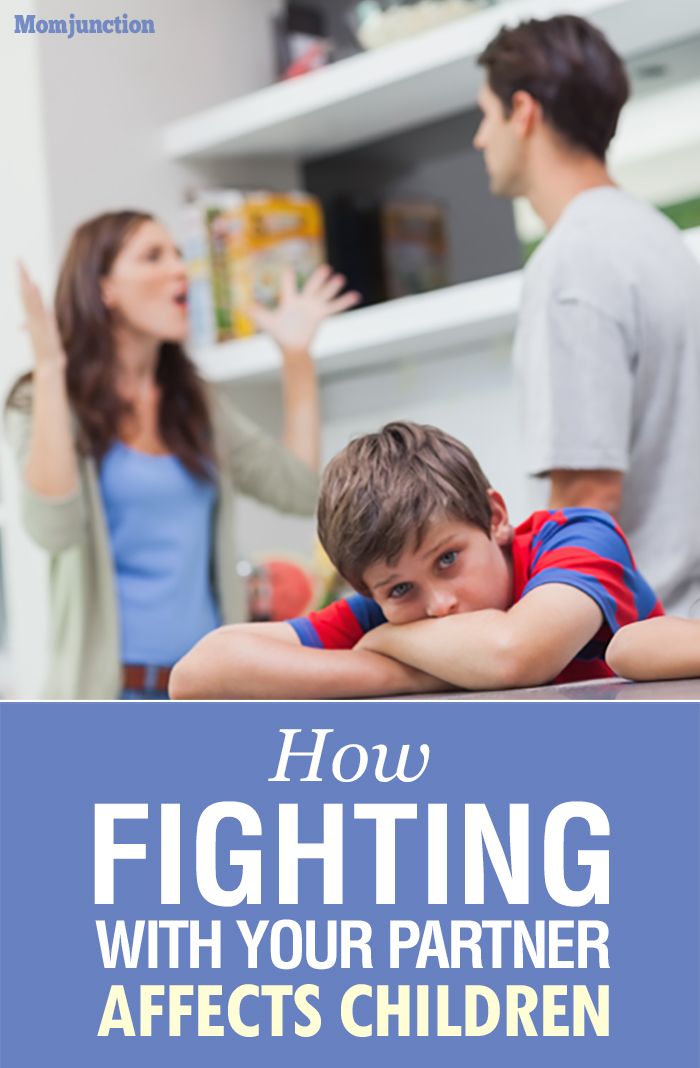 ..
..
Usually mothers and fathers put their strongest beliefs, their best and worst qualities into the older child, but the birth of subsequent children weakens parental influence. If you are an only child, the power of parental influence grows even more. This is an extreme manifestation of the role that birth order plays...
What to do?
Three tips
1. Find out your role in the family drama . Try to write down what roles you think you play - math good or bad, best or worst at sports, favorite or least favorite, etc. In addition to this, it will be interesting to ask siblings and, if possible, parents about how they see your role. Don't make this an event. Just say: “I was thinking about what kind of a child I was, how I was looked at in the family. What do you think my role was - smart, stupid, late or early, lazy or conscientious? It will also be helpful to identify the roles of your siblings. Ask them what roles they think they played.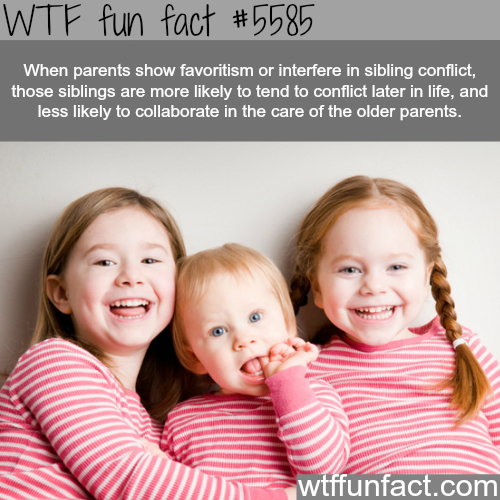 Once you figure it out, you can have some fun together. The next time the whole family gathers, make every effort to behave in the opposite way to the role that has always been played in the family. For example, if you're all at your parents' house for Christmas and you've always been seen as talkative and argumentative, try to be quiet and not contradict anyone. If you are considered lazy, volunteer to wash the dishes. It's amazing how much relatives will continue to ascribe to you the familiar role, even despite the changed behavior. When we return to the family, we often become the same as we were in childhood. A dominant and aggressive leader can become a silent and accommodating person in the presence of parents and siblings. If you deliberately try to behave differently than the family expects, don't be surprised if they try to return your normal behavior. As an exercise for therapeutic purposes, it can be useful to act contrary to the stereotype. For example, if you are shy or an extrovert, you can get a new experience by feeling what it is like to be your opposite.
Once you figure it out, you can have some fun together. The next time the whole family gathers, make every effort to behave in the opposite way to the role that has always been played in the family. For example, if you're all at your parents' house for Christmas and you've always been seen as talkative and argumentative, try to be quiet and not contradict anyone. If you are considered lazy, volunteer to wash the dishes. It's amazing how much relatives will continue to ascribe to you the familiar role, even despite the changed behavior. When we return to the family, we often become the same as we were in childhood. A dominant and aggressive leader can become a silent and accommodating person in the presence of parents and siblings. If you deliberately try to behave differently than the family expects, don't be surprised if they try to return your normal behavior. As an exercise for therapeutic purposes, it can be useful to act contrary to the stereotype. For example, if you are shy or an extrovert, you can get a new experience by feeling what it is like to be your opposite.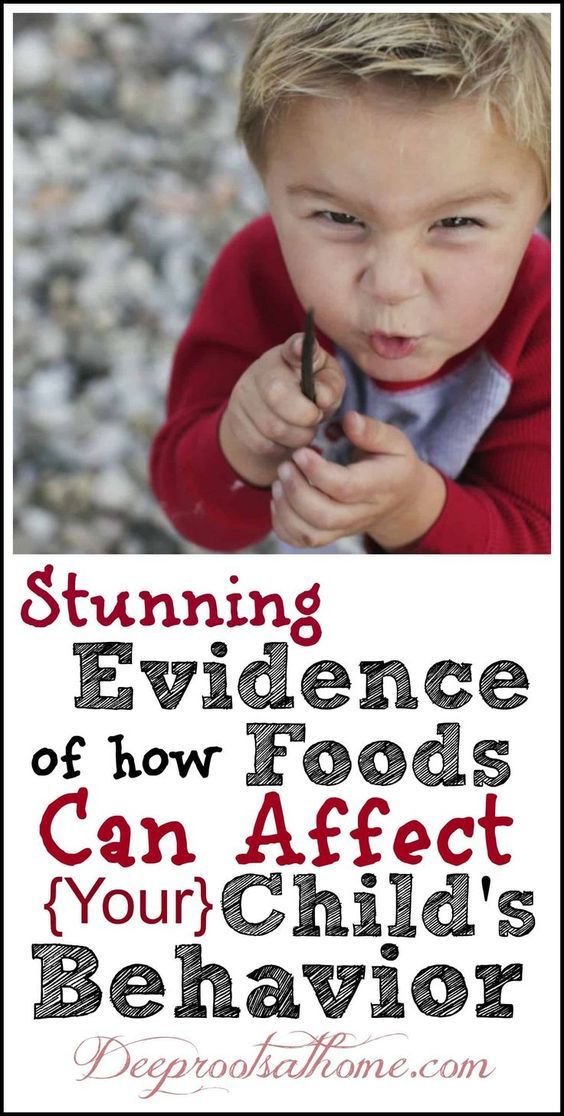 Start exploring what it's like to be a different person than the way your family saw you, and then a new you can be born.
Start exploring what it's like to be a different person than the way your family saw you, and then a new you can be born.
2. Think about how your birth order, gender, etc. affect your role in the family. Once you have defined your role, analyze how you got it. Perhaps you have always been relatively unambitious and reserved. Perhaps older siblings were frighteningly assertive. If you dared to stand up to a smart, athletic, or attractive sibling in an area where they were successful, they would quickly knock you down. To cope with this state of affairs, you relaxed and gave up the competition. It can be as simple as that, but it's also usually your parents who define the role for you, often based on their own history. Perhaps one of them played the same role in the family and then assigned it to you. If you were the youngest child in the family, it was difficult to attract attention to yourself, so you adjusted to them by playing your part. Again, if you are the youngest, you may have been neglected for quite mundane reasons: your parents were so busy taking your older ones to extra math classes, ballet lessons or football practice that you had to drag them around for the first five years, always in the tail , emotionally ignored.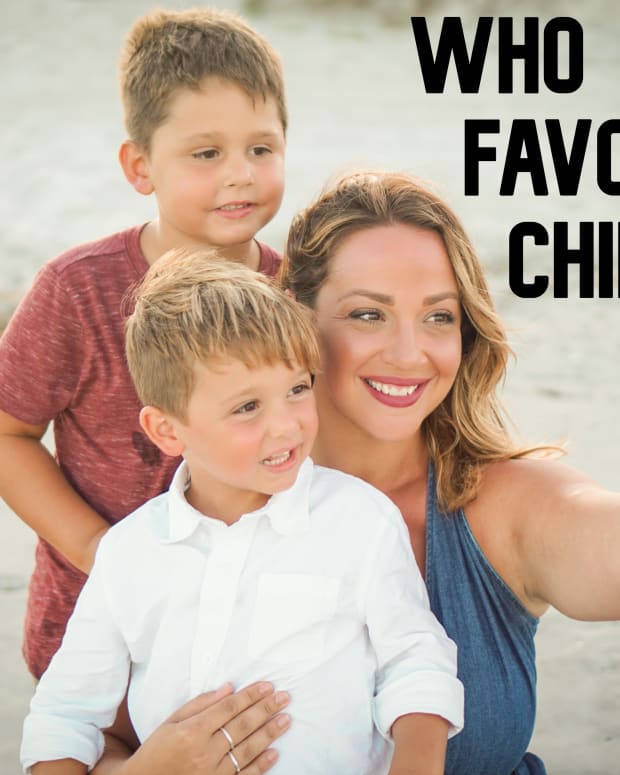 It's also possible that you weren't given enough attention because your parents ran out of parts of themselves to reward you with. For example, both father and mother wanted one of their children to succeed in school, and this niche was filled by the eldest. In a large family where you are the fourth or fifth child, there will be no unfulfilled ambitions for you. Analyzing how birth order, gender, rivalry between children, favoritism, and labeling has affected you can be very helpful. It can be difficult to solve problems that arose in early childhood and are described in the last chapter, because they are difficult to remember, but you can remember things like role in the family; in addition, information received from relatives will help you. As you piece together your story, you can free yourself from persistent stereotypes. It should not be forgotten that much of what is happening may be the result of events that happened several generations ago, as we will see in the next chapter. You can make a surprising discovery when you realize that the quality you don’t like about yourself (lazy, difficult temper, workaholism) is a role that the family passes on to you as adamantly as the royal throne is passed on.
It's also possible that you weren't given enough attention because your parents ran out of parts of themselves to reward you with. For example, both father and mother wanted one of their children to succeed in school, and this niche was filled by the eldest. In a large family where you are the fourth or fifth child, there will be no unfulfilled ambitions for you. Analyzing how birth order, gender, rivalry between children, favoritism, and labeling has affected you can be very helpful. It can be difficult to solve problems that arose in early childhood and are described in the last chapter, because they are difficult to remember, but you can remember things like role in the family; in addition, information received from relatives will help you. As you piece together your story, you can free yourself from persistent stereotypes. It should not be forgotten that much of what is happening may be the result of events that happened several generations ago, as we will see in the next chapter. You can make a surprising discovery when you realize that the quality you don’t like about yourself (lazy, difficult temper, workaholism) is a role that the family passes on to you as adamantly as the royal throne is passed on.
3. Remember the benefits of unfulfilled parenting ambitions. Most of this book is devoted to the negative consequences of parents transferring their own desires to children, but it is incredibly important for us that parents are for us an object of identification. I never forget my first patient, who was referred to me while I was training as a child clinical psychologist. It was a 12-year-old girl who was brought up in an orphanage from early childhood. Her face was blank, devoid of emotion. Not once in all of our sessions did she show the slightest interest in anything. No doubt part of it was due to my inexperience, maybe she just thought I was just another one of a bunch of useless, annoying professionals she didn't intend to pour her heart out to. But from what little she did tell me, I understood that she had been treated with disdain all her life and no adult ever constantly expressed pleasure in her existence or joy in her achievements, large and small. It's been that way since birth.
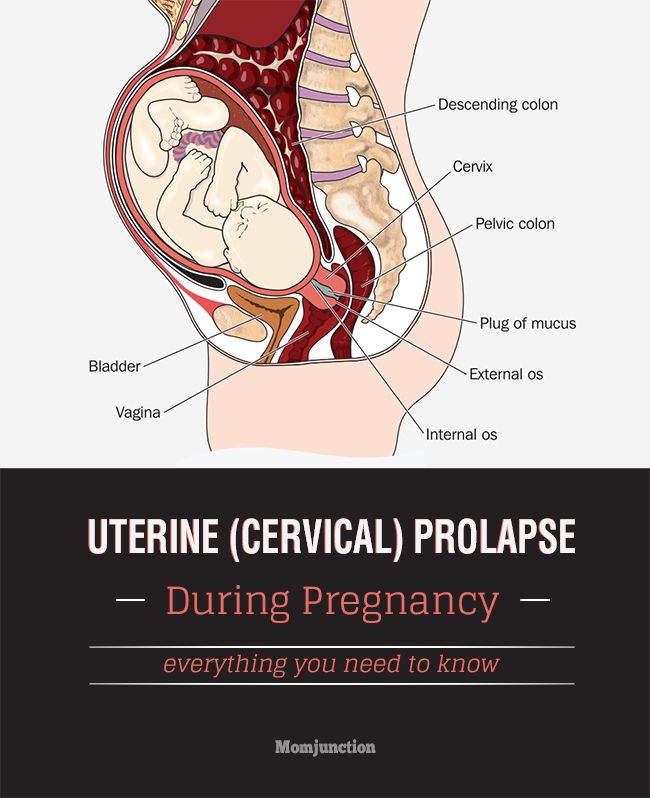
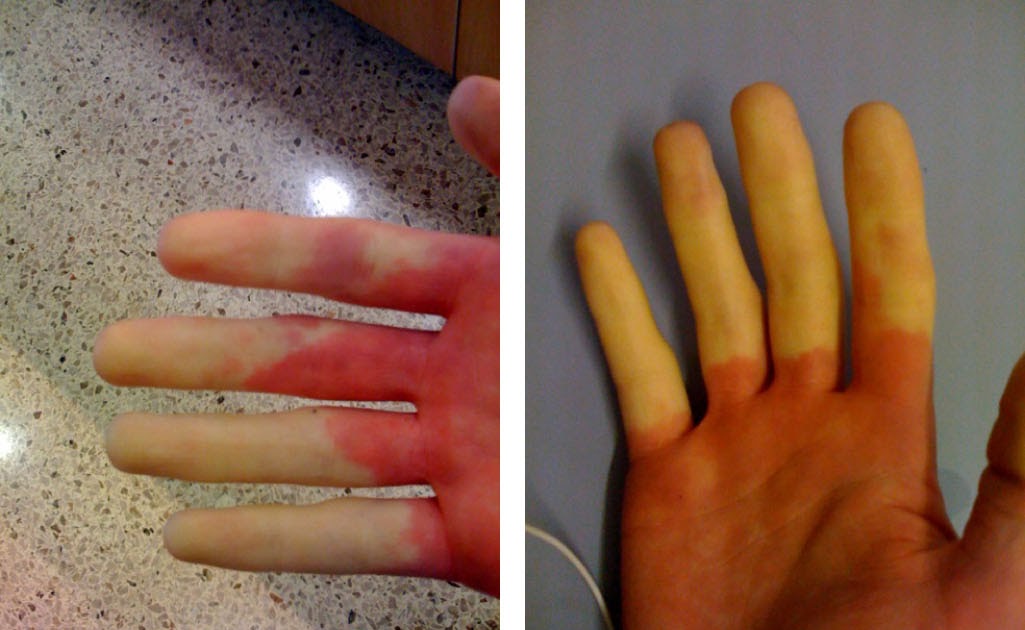



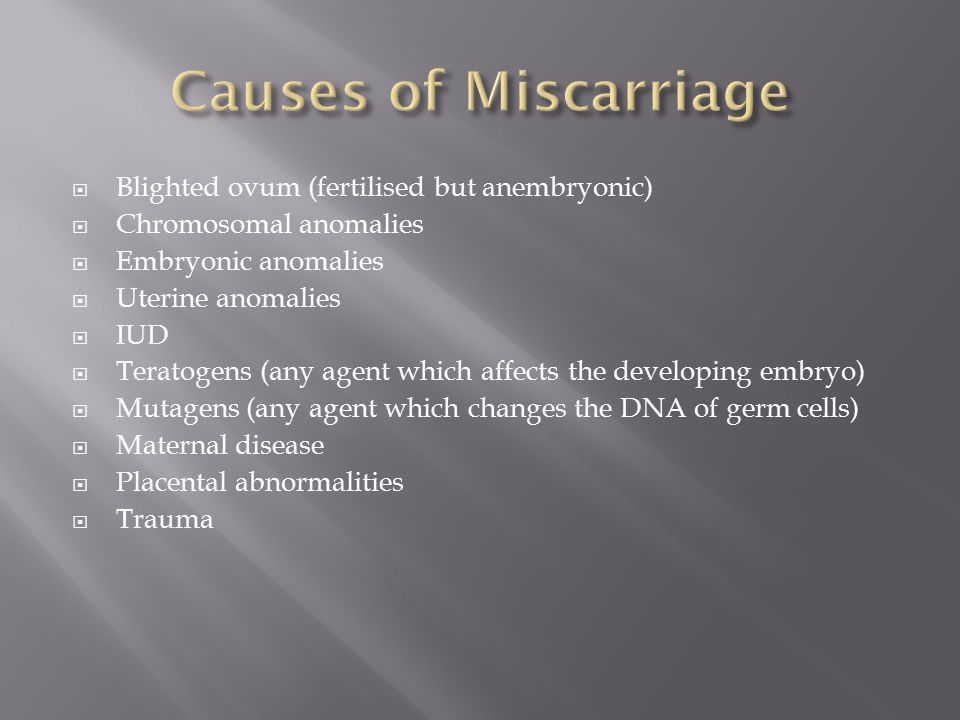




/cdn.vox-cdn.com/uploads/chorus_asset/file/9892303/tpc5.png)

